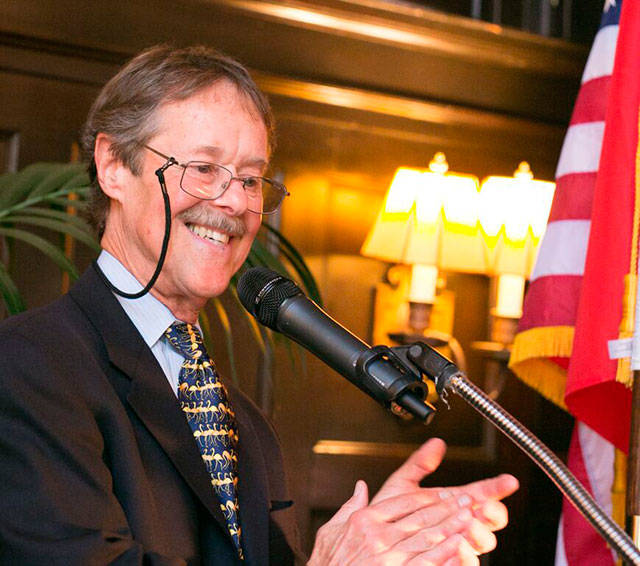Donald Trump’s extraordinary decision to meet with Kim Jong-un has taken all the policy hawks by surprise — and led them to issue all kinds of warnings of impending disaster.
Trump’s decision is extraordinary because until now the common refrain from him and all other U.S. policy makers was that the North Koreans would have to provide evidence of moving toward denuclearization before any talks could take place. To do otherwise, as Trump once said, would be to follow the ruinous path of previous presidents, who were supposedly suckered into sitting down with North Korea and making unilateral concessions.
Now Trump, perhaps in an effort to turn the spotlight away from his domestic problems — the Stormy Daniels affair, the Rob Porter affair, the Russia investigation, the tariff announcement, the Gary Cohn resignation, etc. — has agreed to talks with nothing more than a promise from Kim to put denuclearization on the table.
The hawks are in full throttle over this seeming concession. Max Boot of the Washington Post writes, for instance, that Trump risks “giving the worst human-rights abuser on the planet what he most wants: international legitimacy. Kim will be able to tell his people that the American president is kowtowing to him because he is scared of North Korea’s mighty nuclear arsenal.” Victor Cha, who was slated to be Trump’s ambassador to South Korea until he chafed at Trump’s war talk, warns that “the [North Korean] regime never gives away anything for free.” Cha advises that Trump keep up the sanctions and military pressure that presumably had something to do with Kim’s invitation to a summit.
Let’s try to be objective here: both Pyongyang and Washington have given up something to get to the table, and both have preserved crucial options. Kim Jong-un has promised to halt nuclear and missile testing and accept the reality of U.S.-South Korean military exercises. But his willingness to talk about denuclearization does not mean stopping nuclear and missile research and production, much less reducing his weapons arsenal. Trump has dropped the “no talks” line, but has made clear that sanctions and other forms of “maximum pressure” will continue. The concessions thus far are mutual, welcome, but very limited. I can imagine that Kim, like Trump, will tell his inner circle that “I haven’t given away anything.”
Hawks like Boot and Cha can’t stomach giving North Korea the international legitimacy it craves. But that is precisely the kind of symbolic gesture that galvanizes an engagement process. As the South Korean delegation reported following its meetings with Kim, he wants North Korea to be considered “a serious partner for dialogue.”
That’s not a concession; it’s a necessary incentive for moving forward. And it should be accompanied by a mutual agreement to cease name calling and stereotyping, at least while talks are in progress.
The U.S. and North Korea have an opportunity to move away from threats and toward a major defusing of tensions. Denuclearization — that is, the dismantlement of all North Korea’s nuclear weapons — is only likely to come about, if at all, after both sides take other steps, such as a verifiable freeze on nuclear and missile testing, normalization of diplomatic relations, security guarantees to the North, resumption of economic aid to North Korea, and framing of a peace treaty to finally end the Korean War. A Trump-Kim summit at best can only set the stage for discussion of these topics.
But as Churchill said, it is far better to “jaw, jaw” than “war, war.” The hawks’ warnings do not help matters, and in the end they may yet upset the apple cart.
Mel Gurtov, syndicated by PeaceVoice, is Professor Emeritus of Political Science at Portland State University.



